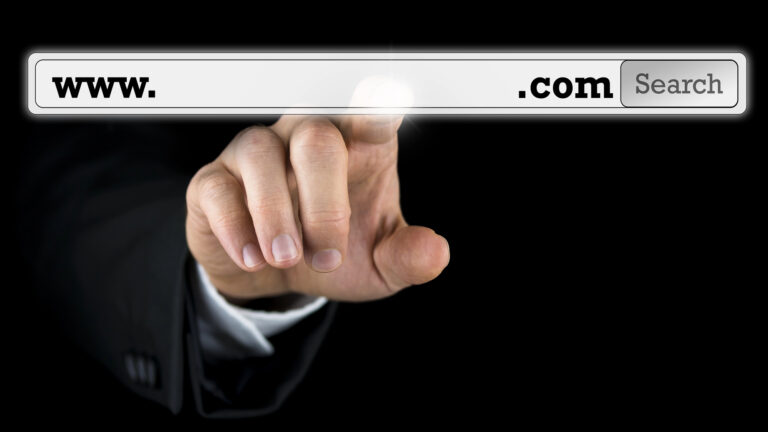A great number of people go through their days browsing the internet on their phone and computer. Many use Google and other search engines to do their searching. Sometimes, a big red screen and an error pop up, saying “THIS SITE IS BLOCKED FOR YOUR SAFETY” or something similar, and then they simply turn back. Your browser knows what’s good for your computer, right? The different icons look like this:
Of course, you don’t want that to be your business website. You know that your site is safe. You worked hard on your business and how you show yourself online. The problem is likely that you haven’t got something called a Secure Sockets Layer (SSL) certificate.
What is a Secure Sockets Layer?
- A Secure Sockets Layer is encryption between you and the person looking at your website. It scrambles any input information going into a website, so third parties trying to read that data have more difficulty. It’s a safety feature that’s critical for any business that handles transactions online.
- SSL helps prevent eavesdropping on traffic.
- Many different types of malware, hacks, viruses, and other issues can be stopped by a SSL.
- A website can be sure that YOU are the one connecting to it, not someone pretending to be you.
What is an SSL Certificate?
- A Certificate is a third-party ‘OK’ on your website’s security, a note that says your site is trustworthy.
- SSL Certificates are only trusted by certain companies or issuers for each browser. These Certification Authorities check your website to make sure that it is what it claims to be and follows security guidelines.
Why is it important to get this certification?
The red screen warning people away from your website can come at any time, and it’s hard to know whether potential customers see it or not unless you’re constantly checking how your website shows up on all browsers. If people think your website is unsafe, they’re unlikely to visit when so many other websites and Google results are shown to be safer. Not everyone is a techie and might be scared off!
Google, as a search engine company, also wants more security to be used everywhere. This is so that they can roll out new features such as alerting users to what’s around their location. This requires websites and businesses to take extra steps to make sure that their users’ data remains safe.
I don’t do E-commerce! Why should I have to pay for extra security?
The reasoning is simple: People want to feel safe in visiting your website. Having a big red flag because your website has ‘http’ instead of ‘https’ can absolutely destroy an online business’s credibility. Articles like this from Entrepreneur show how having less security can hurt your ranking and reputation. Whether you do online business or not, being secure in an age of ever-growing internet presence is important. Google is also enforcing this change by adding the big red NOT SECURE label similar to what’s shown above. You don’t have to get SSL or further security, but your business may be harmed by avoiding it.
Did you know that Google suggests HTTPS as well? Here’s a short but sweet article on the subject. The basics:
- Intruders both malignant and benign exploit every unprotected resource between your websites and users.
- Many intruders look at aggregate behaviors to identify your users.
- HTTPS doesn’t just block misuse of your website. It’s also a requirement for many cutting-edge features and an enabling technology for app-like capabilities such as service workers.
How do I get SSL and a certificate?
You don’t have to delve into encryption and cryptography in order to make your website secure. We can help! Getting certification involves installing the right software and contacting the right people to verify that everything is working as intended. All you have to do is sign up for it here. It’s that easy!
If you’re worried about any other security for your website or just want to update to newer and better systems, we can help with that too. All you need to do is call to set up a free consultation.



